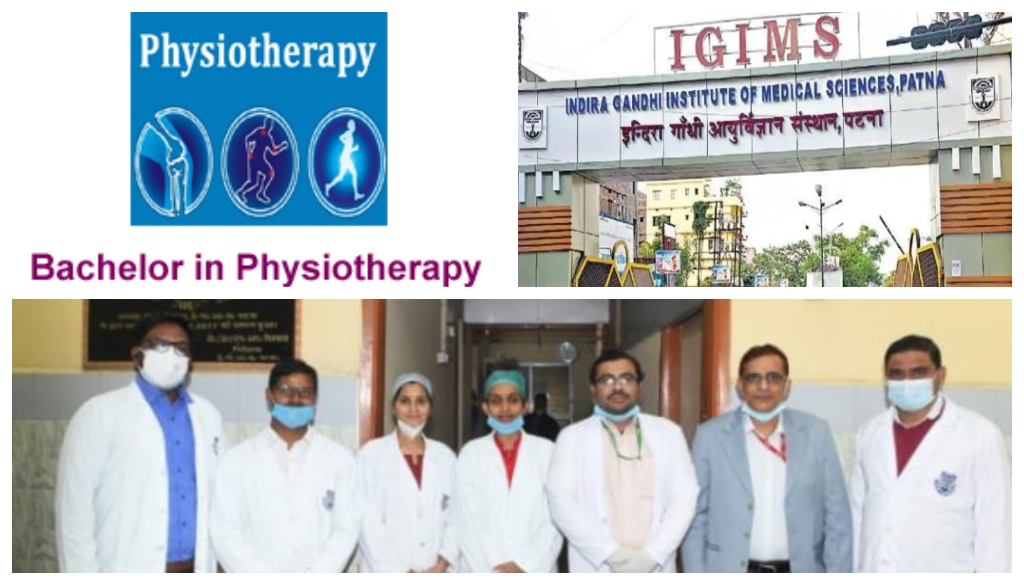IGIMS Patna’s Physiotherapy Department Sets the Stage for NEET-Based Admissions Across India

Patna: The Union Ministry of Health and Family Welfare has announced a significant shift in the admission process for physiotherapy courses across India, with the National Eligibility cum Entrance Test (NEET-UG) now being mandatory for entry. This change is in line with the Health and Allied Health Care Bill-2021 passed by the Indian Parliament, aiming to standardize and improve the quality of healthcare education.
The physiotherapy department at Indira Gandhi Institute of Medical Sciences (IGIMS), Patna, has been at the forefront of this change. For the past 25 years, IGIMS has had an independent physiotherapy department, and for the last seven years, it has been offering a Bachelor of Physiotherapy (BPT) course. Admission to this course, which will now be based solely on NEET-UG scores, has been conducted for four years through the same entrance exam.
A notable change brought about by the new guidelines is the introduction of a mandatory designation for physiotherapists. Graduates will now be required to use the title “Dr” along with “PT” (Physiotherapist) to distinguish them from other medical professionals such as surgeons and physicians.
In addition to these changes, the National Commission for Allied and Healthcare Professions (NCAHP) and the Ministry of Health and Family Welfare (MoHFW) have introduced new syllabi for ten allied health science courses, including physiotherapy. These updated curricula, set to be implemented from the 2026-27 academic year, will focus on competency-based education to maintain high standards across the sector. A significant feature of the revised system is the requirement for physiotherapy graduates to undergo a mandatory year-long internship after completing their degree.
The reforms also indicate the establishment of separate physiotherapy departments in hospitals across the country, with distinct registration and examination requirements every three years to ensure continuous professional development. Furthermore, teaching and clinical roles within the physiotherapy sector will now be distinctly separated to enhance specialization and efficiency.







